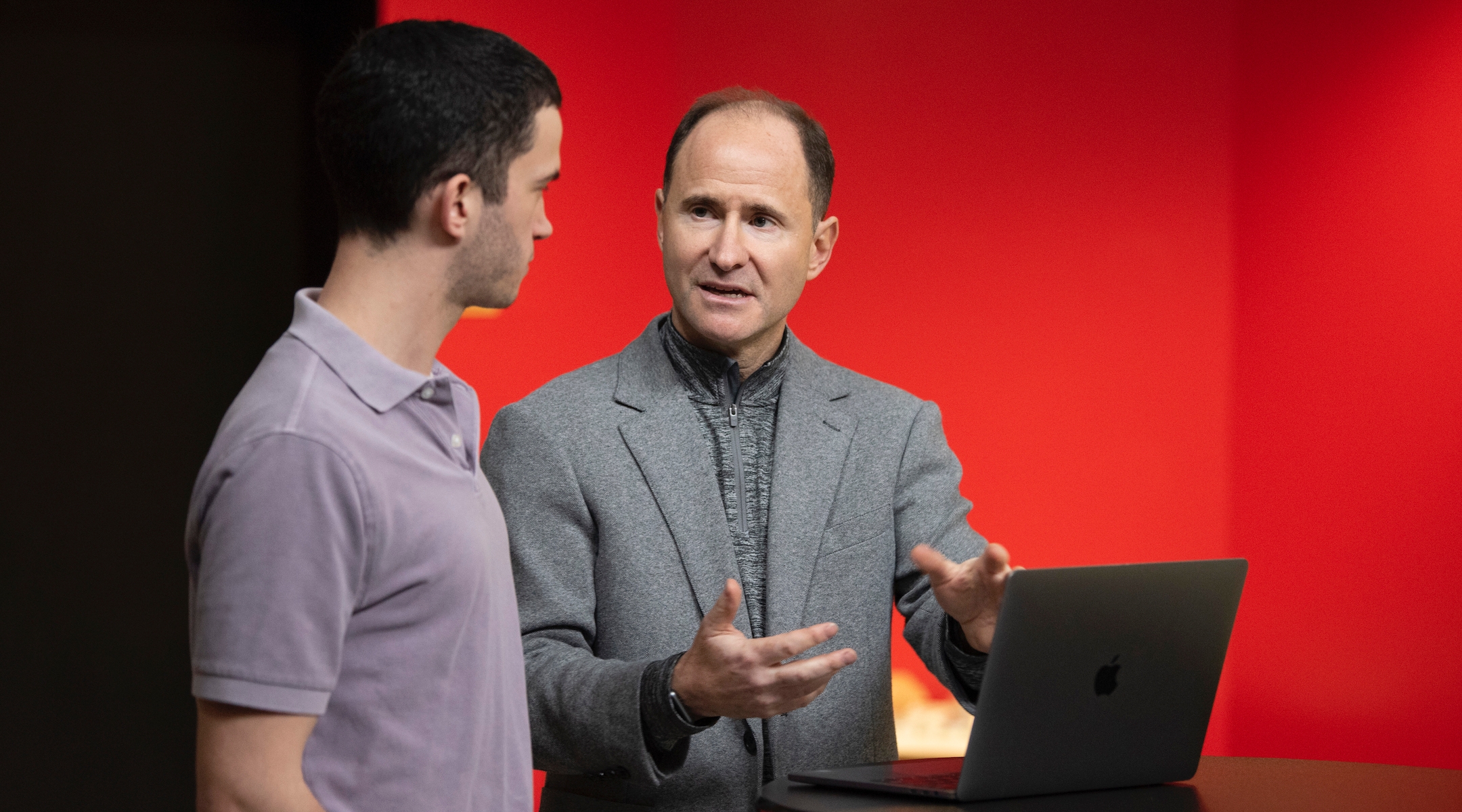Hillel International’s CEO expressed concern over the Trump administration’s plans to deport pro-Palestinian students and freeze federal funding to schools over campus antisemitism.
The statement from Hillel, the largest organization focused on Jewish students, is especially notable because its chapters have often been at the forefront of calling out campus antisemitism and supporting pro-Israel students. Pro-Palestinian groups have targeted Hillels or called on universities to cut ties with them in a number of instances.
Trump has sought to deport a string of campus activists in the name of protecting Jews. But Hillel CEO Adam Lehman said in a written address that the arrests — which have sparked a national controversy — could unfairly affect Jewish students and fuel antisemitism.
“For those expressing concerns over how current actions — such as deportations and withholding of grants for university research — are being implemented, we share those concerns,” he wrote.
Lehman added that he remained steadfastly opposed to campus antisemitism. He said that Hillel had documented a spike in campus antisemitism that has continued into this year, including hundreds of instances of antisemitic vandalism or threats of violence. He wrote, “First, for those who may be discounting and dismissing campus antisemitism as a real issue, we unfortunately know otherwise.”
But he called for due process for those accused of wrongdoing, and worried that Jewish students could bear the blame for Trump’s campus crackdown. He wrote:
For the benefit of Jewish students and all students, we believe it is essential that students, faculty, and staff violating laws and campus codes of conduct be held accountable for those destructive actions. At the same time, we also believe that due process for those accused of wrongdoing is essential — whether through mandated protections in legal settings or consistent, fair, and responsive disciplinary procedures at the university level.
We also share concerns over ways in which actions to combat campus antisemitism can actually fuel further antisemitism, feeding into longstanding tropes about outsized Jewish influence, and leading some people to unfairly hold Jewish students and faculty responsible for actions the government or others are choosing to pursue.
The administration’s recent actions, which have included a string of detainments of international students involved in pro-Palestinian protests and funding freezes at universities, have largely cited investigations into campus antisemitism as their impetus. While a broad range of Jewish groups have condemned the views and actions of the pro-Palestinian protesters, many opposed the efforts to deport them, or called for those detained to be afforded due process.
Lehman included a link in his address to an op-ed published yesterday by a former student president of Harvard Hillel who expressed disappointment over the administration’s recent threats to $9 billion in federal funding at the university. Trump has also frozen hundreds of millions of dollars of funding at Columbia and Princeton Universities.
“Despite my deep disappointment with many of my peers’ recent behavior, blanket federal funding cuts will inevitably fail to solve our University’s problems,” wrote senior Jacob M. Miller.
Lehman wrote that addressing antisemitism on campus necessitated a “multi-faceted” approach that went beyond legal moves by the administration: “While legal actions have a role to play, they are by no means a cure-all,” he wrote.




